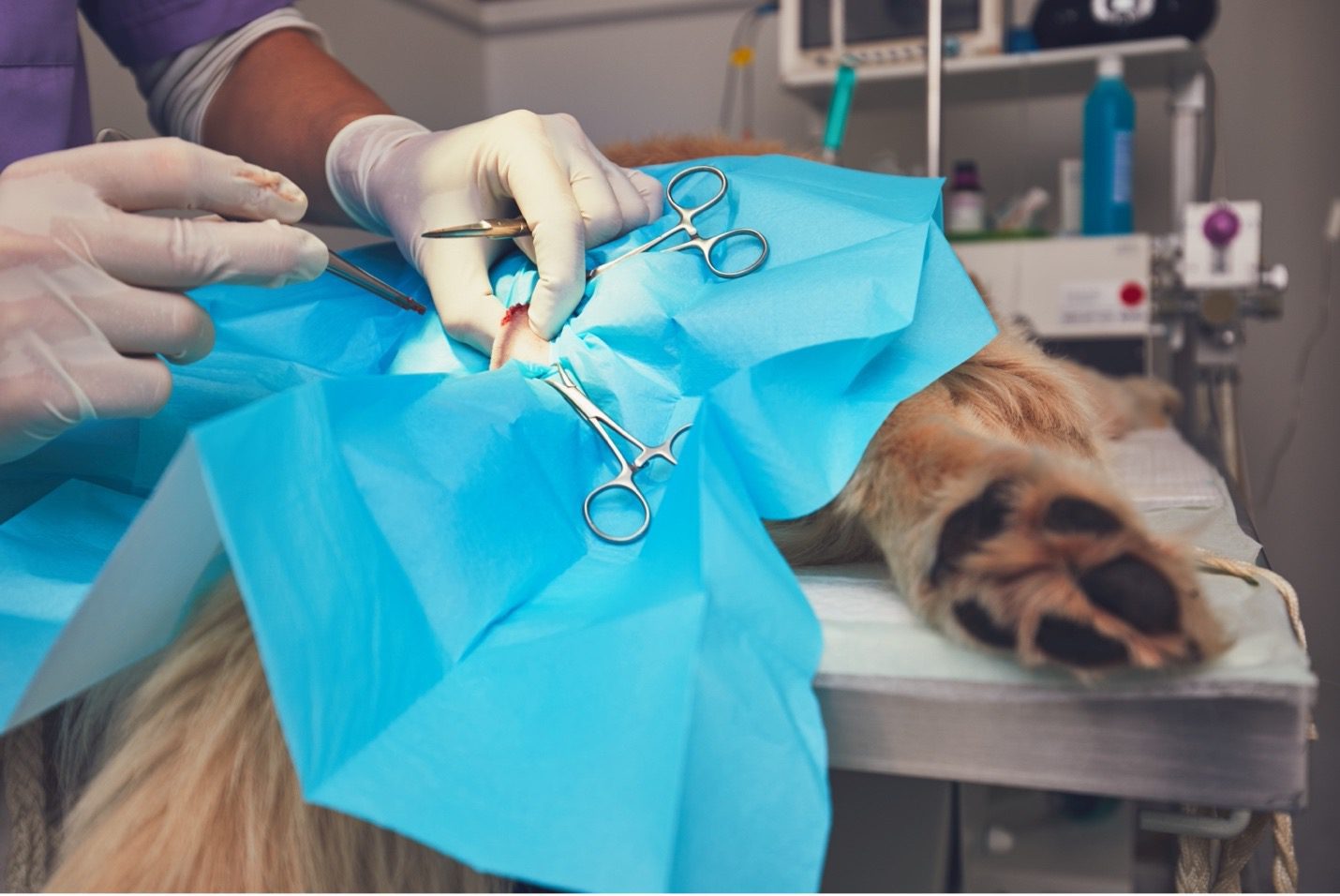
While it may seem obvious that any veterinary practice needs excellent surgical equipment, there may be a few items beyond the basic veterinarian equipment you haven’t considered. Here are some lesser-known tools you shouldn’t look over when stocking your veterinary surgery suite.
The Top Picks for High-Quality Veterinarian Equipment
Surgical instruments, anesthesia machines, and the surgery table are all common veterinarian equipment to see in a surgery suite. But, you may want to consider these tools as well:
Autoclaves
Keeping your surgical equipment in great shape and sterilized is of the utmost importance. A good autoclave can make the task easier. Autoclaves are perfect for placing cleaned and pre-wrapped packs inside. You can let the product do all of the hard work for you. Larger autoclaves are great for surgical practices with a high volume, while smaller tabletop models save space while providing excellent results. Some models are able to be hooked up to a nearby water source, while the smaller, more portable options can be filled with water via a tank.
Warming Blankets
Hypothermia while under anesthesia is a major concern for veterinary patients. Keeping your patient warm during surgery and recovery can help avoid a drop in body temperature. These blankets are designed to fit over the surgical table and under the patient, inflating with warm air while in use. Other products circulate warm water to help maintain body temperature. After surgery, they can be moved and placed in the kennel with the patient as they recover.
Utility Carts
A good utility cart is essential for veterinarian equipment. These carts can be stocked with items such as extra gauze, cold-sterilization trays, premade surgical packs, towels, and more. They can easily be moved to where they’re needed most such as treatment rooms, examination rooms, and the surgery suite. In addition, these carts are great for moving larger and heavier items. These include EKG machines, vital sign monitors, warming machines, and fluid pumps.
Vital Signs Monitors
An experienced tech can easily take vital signs with a stethoscope. However, a good vital signs monitor is important for accuracy and great care during surgery. These tools help monitor a variety of conditions including the patient’s heart rate, blood oxygen levels, blood pressure, and more — all important for maintaining anesthesia. In addition, a mobile unit can be brought with the patient from surgery to recovery to help monitor high-risk patients throughout the entire process.
Specialized Devices
If your practice specializes in specific surgeries, such as joint repair, internal medicine, or critical care, you’ll want to have specialized devices that can assist. Portable ultrasounds, endoscopy tools, surgical lasers, and surgical microscopes are all important specialization tools to have on hand. Mobile units are excellent for moving between multiple surgical suites or treatment areas.
A well-equipped surgery suite helps both the veterinary team and their patients. The above veterinarian equipment can be a great way to elevate a practice to the next level by offering higher quality care, more precise monitoring, and ease of use when performing procedures. If you have questions about more veterinary equipment, please contact us today!
